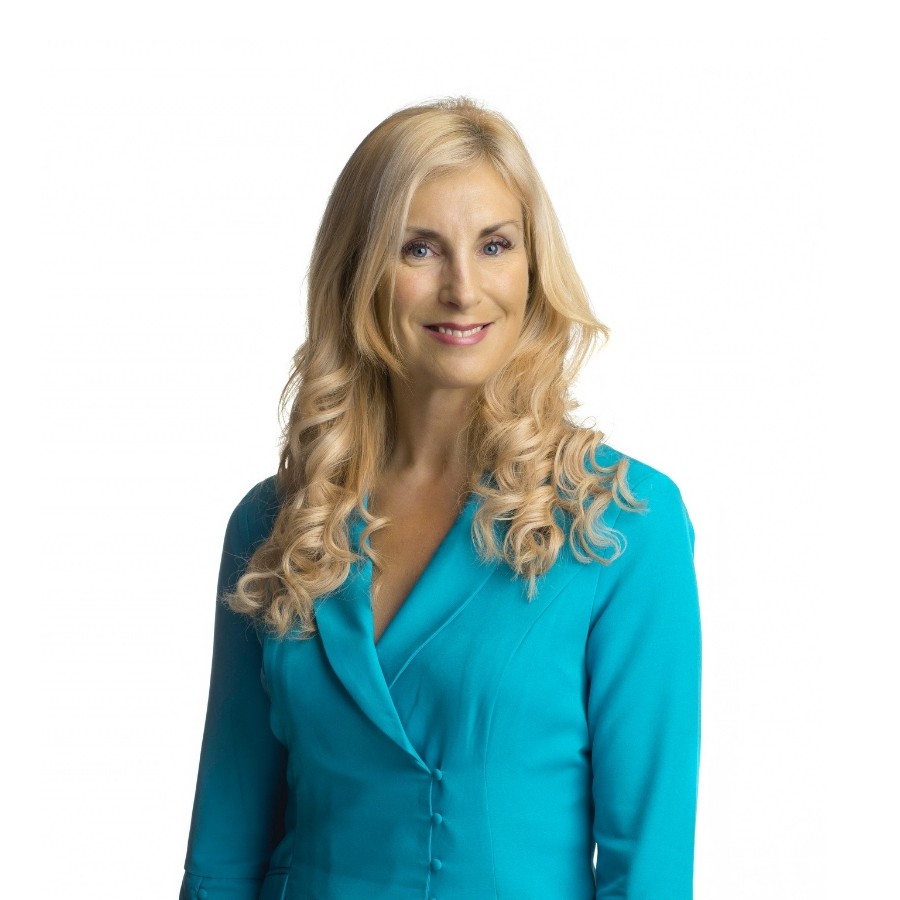Question: I am a senior manager in a telecommunications business and have decided to take the plunge and move careers. I am excited but a bit nervous. My last interview was 20 years ago, as I was headhunted for my current position. I am concerned that – as a person in my late 40s – I am going to stand out in job interviews among the younger candidates for the role. Do you have any advice on how I should prepare?
Answer: I agree that you could stand out at interviews, as employers might consider you too experienced or expensive – even a little out of touch. However, don’t lose sight of the things you do have that others might not – including excellent work experience, a valuable skill set, a strong network of contacts and a solid track record. The secret is to be prepared for all those issues that might be considered weaknesses and could be brought up during the interview process.
You are experienced enough to know how to create a good business case for yourself and highlight how you can move your skillset. Demonstrate your willingness to learn, to keep growing and to take risks. Many candidates I meet have the same fear about their age – but I always say age should never be a factor. Focus on your strengths around your work experience and qualifications. Ask yourself truthfully, ‘What value can I bring to this new role?’ and ‘Can I sell myself as an expert’?
Will they think I have less energy? We all slow down as we age. However, in the workplace, sometimes the less-experienced person can waste energy on finding a solution when a more seasoned performer may be able to offer solutions immediately. Efficiency is key, so you need to give examples of where you were able to sustain your energy levels for major projects and deliver the results.
Am I less productive? Advancing years does not mean declining work productivity. Clearly you need to demonstrate that you are innovative, you are driven and have led projects to enhance productivity. Give examples of where you have brought improvements or suggested changes to the table that had a positive impact.
Am I overqualified? If you feel they may question the fact that you are overqualified and may be using this as a stop-gap, then you may consider offering to take the role on a contract basis to bring your expertise and see how that contract works out before a permanent role is offered.
Will I work with a younger team? This is a question that you will have to feel comfortable with. Along with the idea of you reporting to someone younger, they also have to get their heads around having someone nearly as old as their parents reporting to them. The important thing to remember is that success will come from your experience and technical skills rather than the age demographic of the team.
Is my salary too high? I would not apologise for the fact that your salary now reflects the experience you have and the market demand for your particular skills. I have experienced employers asking candidates to justify the increased spend when it comes to remuneration. Ensure you can show the benefit you can bring by taking on additional responsibility, increase productivity, increase sales and drive improved results.
Will I deal with change? Some employers may think you could resist change. But you can put the case that as a more mature employee, you have already adapted to many change situations successfully, eg coping through previous downturns, implementing major system changes, making a complete career transition, etc.
How will I dress? Your professional appearance is so important and you should not be trying to look half your age, as that could go against you. Look smart in up-to-date office attire.
Am I out of touch? You need to ensure that you are on top of new technology. Be active on social media and build your brand on LinkedIn, use webinars in your field of expertise and be ready to discuss new trends and tech in the market, using current vocabulary in your industry. If the interviewer is younger, try not to sound condescending when referring to your experience.
Be positive about your age and experience. Use it to your advantage, but be mindful of how you approach the questions. Be sure to use contacts to open doors, give advice for your career move, or bounce ideas around for interview preparation.
This article was originally published in the Business section of the Sunday Independent on June 18th, 2017. View the original article - Experience, not age, is the factor that helps older candidates stand out in job interviews.

Michelle Murphy
Director
michelle.murphy@collinsmcnicholas.ie



